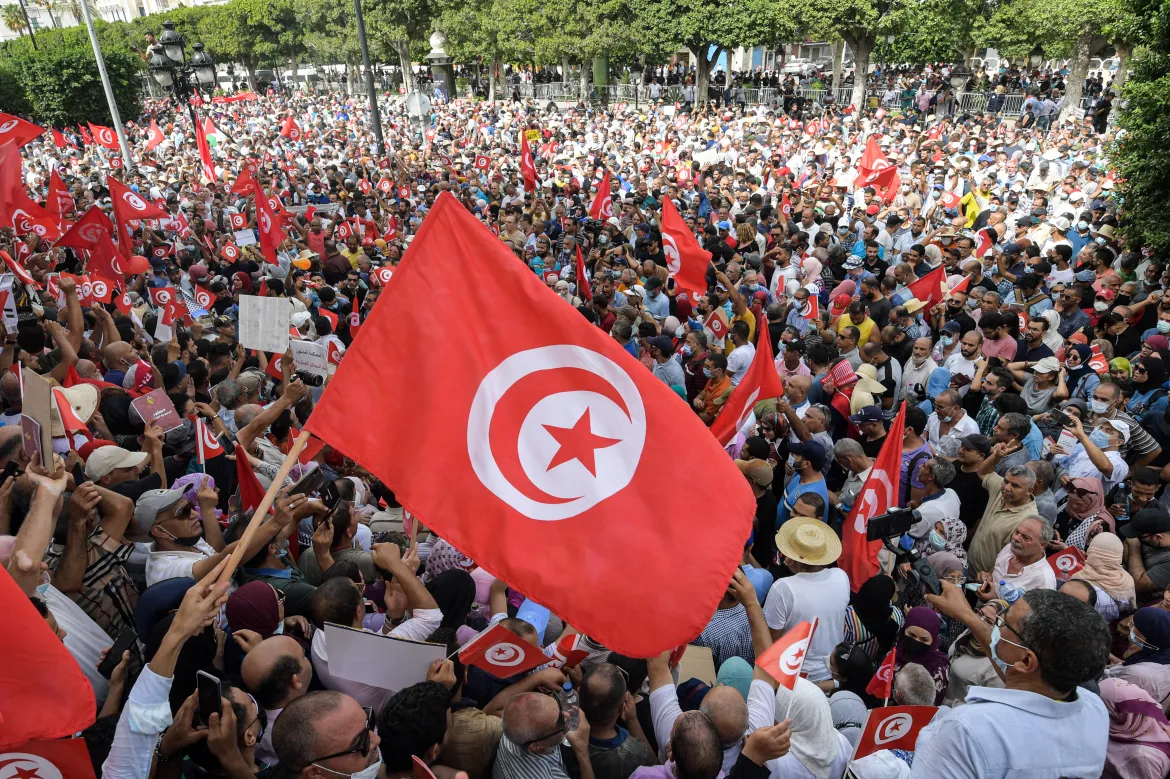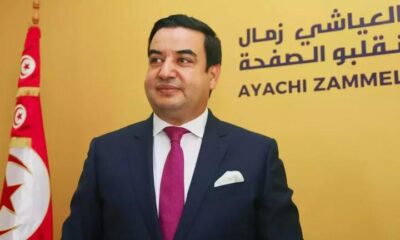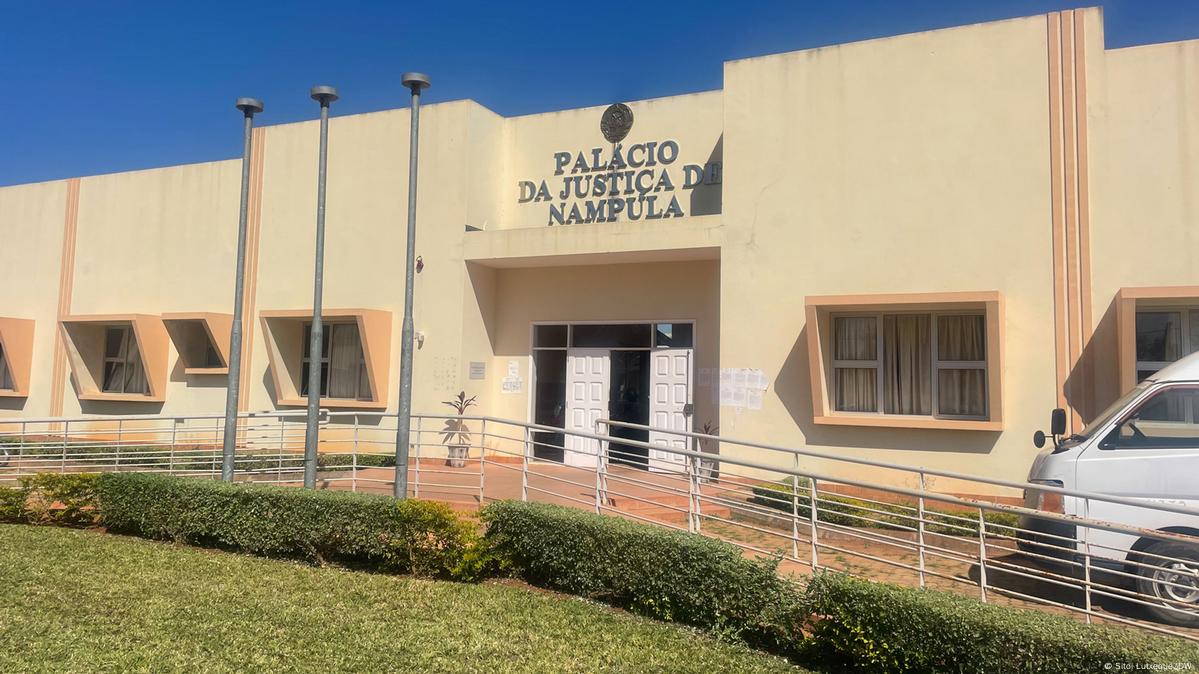The highest court in Tunisia has issued an order requiring the electoral commission to re-enter two candidates for an October presidential election, cautioning that not doing so might compromise the election’s credibility.
The Administrative Court’s decision was made in rising political unrest in the nation of North Africa, where opposition parties and civil society organisations are concerned that a rigged election could give President Kais Saied a second term.
In the largest demonstration against constraints on liberties and the undemocratic electoral environment in Tunisia in two years, thousands of Tunisians came to the streets on Friday. Among the shouts screamed by the demonstrators was “Out with dictator Saied.”
Tensions increased after the electoral commission, citing purported flaws in their candidacy forms, rejected the court’s decision earlier this month to restore the candidatures of Abdellaif Mekki, Mondher Znaidi, and Imed Daimi ahead of the contest on October 6.
The president himself appointed the committee’s members, and major parties and civil society organisations claimed that this meant the president was using the inquiry as a weapon against his opponents.
Regarding the charges, commission president Farouk Bouasker has stated that “the commission is the only constitutional body entrusted with the integrity of the election” and refuted them. However, the commission must carry out its mandate and, if needed, revise the election schedule, the court ruled on Saturday. It’s unclear if this entails delaying the election or prolonging the campaign.
“Otherwise it would lead to an illegal situation that conflicts with the electoral law and the transparency of the electoral process”, it said.
Following their filing of a new complaint against the commission’s ruling, the court requested that Znaidi and Mekki be allowed to participate in the race. Daimi, the third contender, hasn’t yet submitted a second appeal.
After winning a democratic election in 2019, Saied strengthened his hold on power and started governing by decree in 2021—a move that the opposition has called a coup.



































